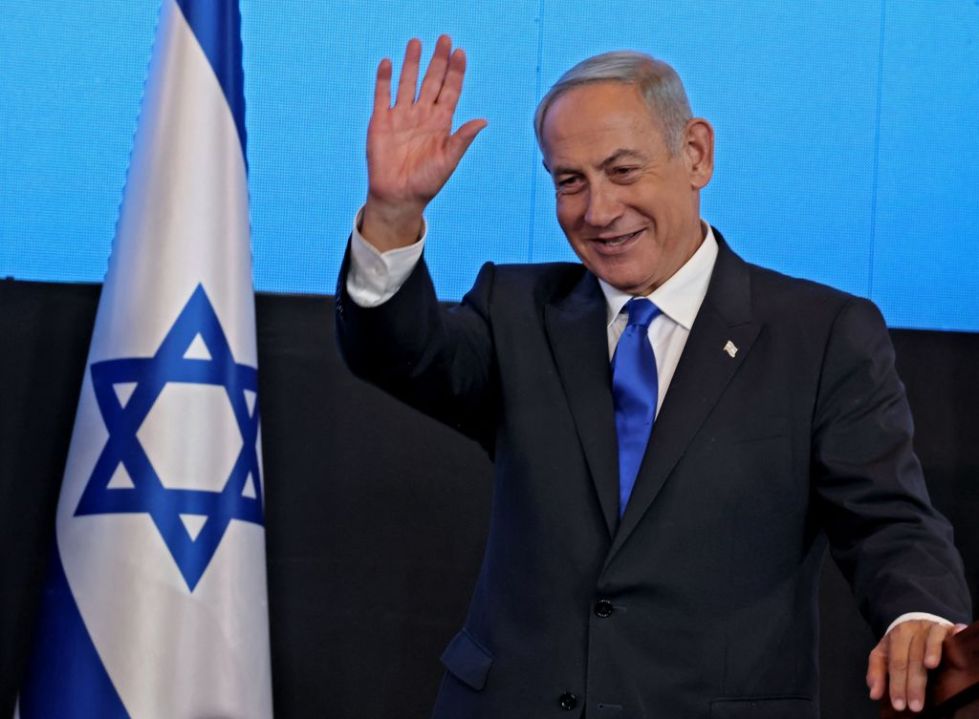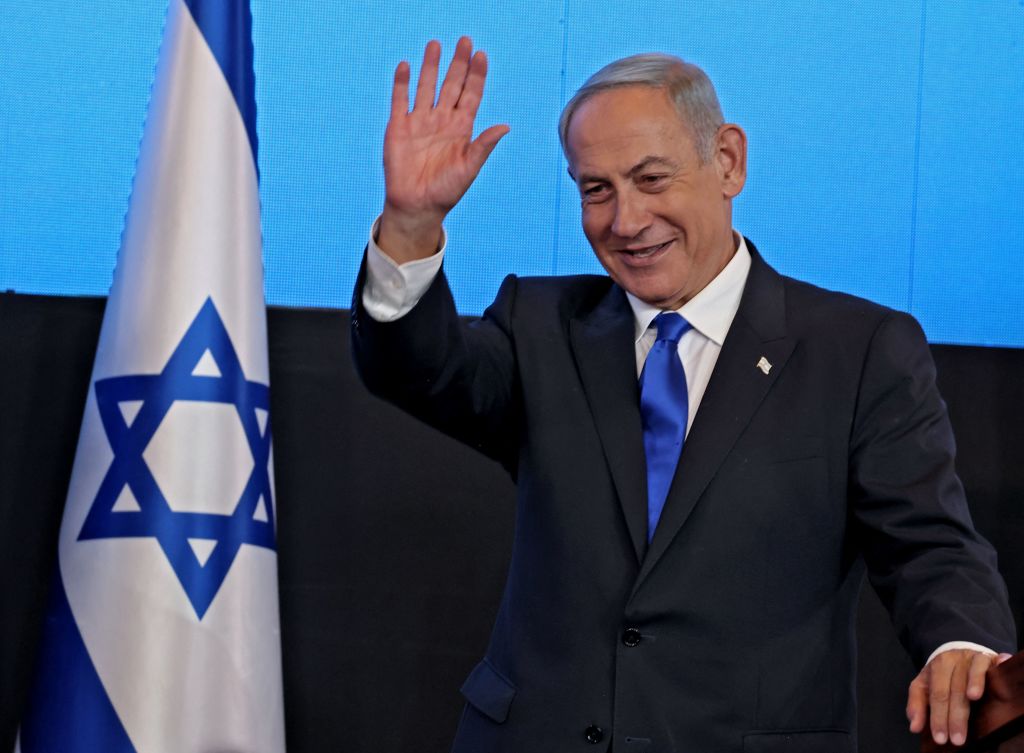How does Israel contain Palestinian terrorism without provoking the third Intifada? Recent weeks have seen the largest escalation in violence between Israel and the Palestinian since 2021. Israeli forces have killed at least 42 Palestinians so far this year; and eleven Israelis, mostly civilians, have been killed in a series of terror attacks. The violence is in danger of spiralling out of control.
Although Israel has been successful in capturing or killing terrorists (but also several innocents), it has encouraged more unrest in the West Bank. The nationalistic rhetoric of members of the Israeli government, including talks of expanding Jewish settlements in Palestinian territory, is making it worse.
Hamas has so far largely remained on the sidelines. Although it supports and incites acts of terrorism, it hasn’t engaged in any obvious way in the recent attacks. Hamas is not interested in an escalation of violence that may see an Israeli military operation in Gaza. The organisation has been intensifying its offensive capabilities, and a large-scale military confrontation will disrupt its efforts. It will also undo the economic growth enjoyed by the Palestinians over the past year. Hamas does however have a clear interest in destabilising the West Bank, which could result in the collapse of its rival, the Palestinian Authority, paving the way for it to take over.
The situation in East Jerusalem threatens to spoil the uneasy truce. Annexed to Israel in the 1967 war, it’s home to roughly 350,000 Palestinians, who have held blue Israeli ID cards for decades (unlike the Palestinians in Gaza and the West Bank who carry a green card). As a result, they enjoy free movement within Israel. The terrorist who killed seven people outside a synagogue in Jerusalem on 27 January and the terrorist who rammed his car into a bus stop on 10 February, killing three, were from East Jerusalem.
East Jerusalem is a pressure pot: Palestinians live alongside Jewish settlers who are attempting to expand their presence in the territory. Jewish settlers now make up about 40 per cent of inhabitants. Israel’s Minister for National Security, Itamar Ben Gvir, who holds far-right views, has ordered police to expedite the demolition of illegally built Palestinian homes in East Jerusalem. This routinely leads to rioting and violent clashes with police forces, as has been happening in the past few days. It’s a tit-for-tat cycle that only makes terror attacks more likely.
Despite the fiery rhetoric from some politicians, it is in Israel’s interest to avoid another Intifada. Any action that could lead to the collapse of the PA is undesirable to the majority of the Israeli public, oppositions parties in the Knesset and to sections of the government, including the Prime Minister Benjamin Netanyahu. The uneasy status quo means that the sides share intelligence and collaborate on a range of issues, from security to water. Palestinians from the West Bank can enter Israel for work, and the Israeli military and border police forces can carry out counterterrorism activities within the territory.
However, the Israeli government is facing internal divisions. Many of the Knesset members in the current government represent the hawkish right wing, and their voters expect a heavy-handed military response to the recent terror attacks. Such a response could lead to an escalation of violence, and may eventually pull Hamas into the confrontation, as well as militant organisations in the West Bank like Palestinian Islamic Jihad.
The chaos could also help the Israeli far-right. There will be support for demolishing illegal Palestinian houses and legalising Jewish settlement outposts that were built without permit. Ben Gvir and Finance Minister Bezalel Smotrich have been pushing for expanding Israeli sovereignty in the West Bank. They have also been promoting harsher punishments for terrorists, including changing existing death sentence laws to make it easier to execute terrorists (although the death sentence exists in Israel it has only been carried out twice, once to execute Adolf Eichmann). All of the above will be easier to implement under the fog of war.
The month of Ramadan usually contributes to a rise in Palestinian unrest. Bibi doesn’t have long to reign in the more extreme fractions in his government, and to prevent an Intifada that will only help the extremists.







Comments